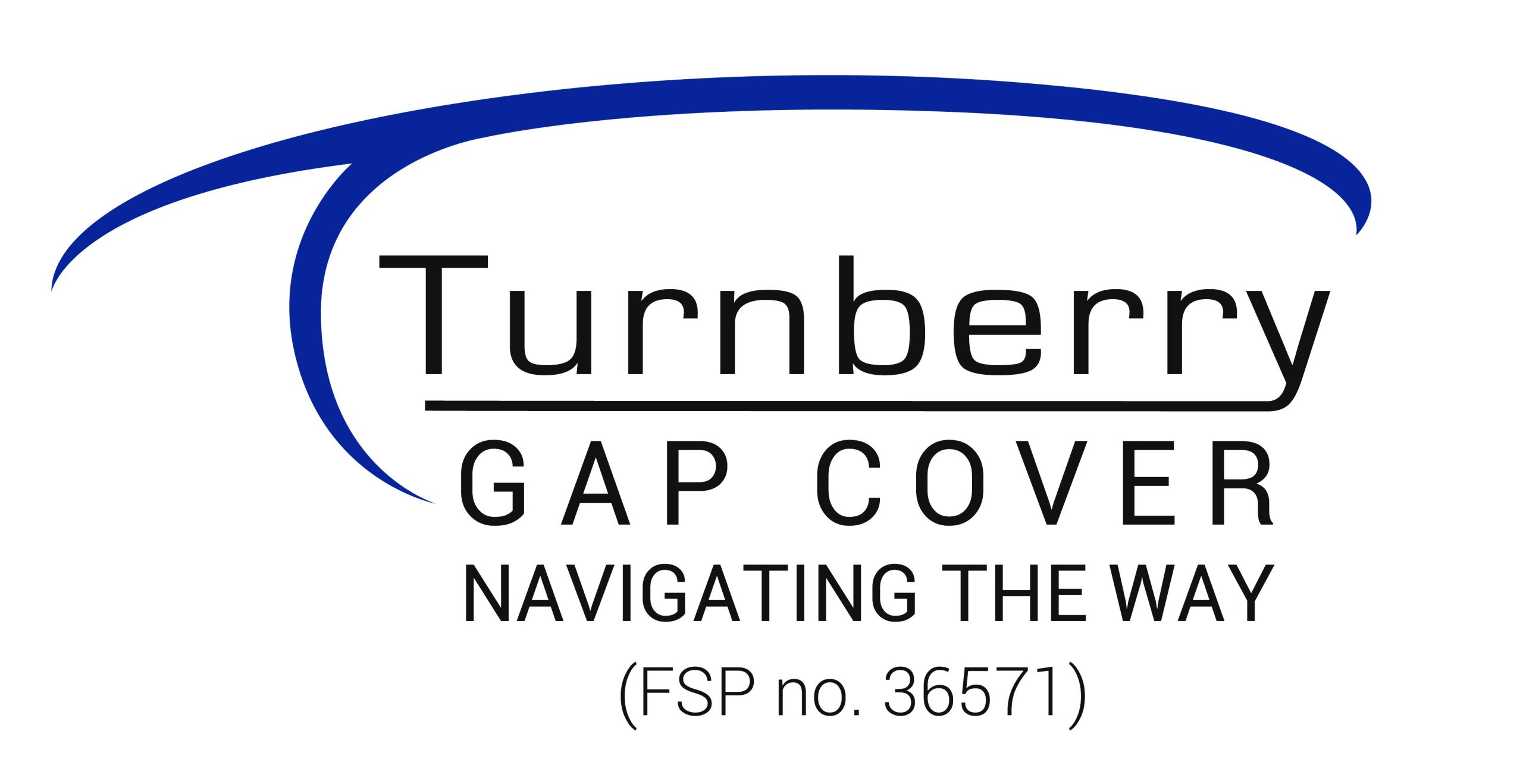 South African consumers are becoming increasingly aware of Gap Cover: a type of insurance that augments one’s Medical Aid, helping to cover in-hospital medical expense shortfalls for certain procedures and specialist bills.
South African consumers are becoming increasingly aware of Gap Cover: a type of insurance that augments one’s Medical Aid, helping to cover in-hospital medical expense shortfalls for certain procedures and specialist bills.
With many hospitals and specialists charging multiple times the stipulated Medical Aid rates, Gap Cover has emerged as a way to protect consumers against significant medical expense shortfalls, with reasonable premiums of up to a few hundred rand per month for the more comprehensive offerings.
However, many consumers aren’t always aware of exactly what their Gap Cover policy entails… what they are covered for, and what they aren’t.
Tony Singleton, CEO of Turnberry Risk Management Solutions, stresses the importance of avoiding any nasty surprises, and knowing exactly what to expect at the claims stage. He says consumers should immerse themselves in the details of their policies.
“To truly know what your Gap Cover will offer you, the starting point is to fully understand your Medical Aid,” he advises.
“Gap Cover products can only address medical expense shortfalls for something that has been partially covered by your Medical Aid. So, if your Medical Aid doesn’t cover a certain procedure or specialist bill at all, then your Gap Cover isn’t able to assist.”
This is the manner in which the industry has been regulated and constructed, he explains, in order to clearly delineate between the role of Medical Aid and Gap Cover.
Devil’s in the details
Singleton says consumers should rely on the services of a trusted financial advisor , to help them find a Medical Aid and Gap Cover policy that suits their (or their family’s) unique needs.
“Aside from this, it’s helpful to go through your member plan guide, product brochures and medical scheme rules – for both your Medical Aid and your Gap Cover – to ensure you’re fully informed about what is and isn’t covered.”
Medical Aid and Gap Cover providers generally update their policies on an annual basis, and consumers should remain aware of any changes to the policy.
As the nature of one’s family changes (such as having more children) or as certain health conditions change, one should re-evaluate their Medical Aid and Gap Cover choices, adds Singleton.
Likely exceptions
Across the industry, there are a number of treatments that Medical Aids and Gap Cover providers are unlikely to cover.
These include the likes of cosmetic surgeries, so-called ‘self-inflicted’ medical concerns (such as alcohol and drug abuse, obesity treatment, attempted suicides, and the like), anything involving the member committing a criminal act, laser eye surgery, dental implants, and infertility treatment, among many others.
But there certainly are some greyer areas. Singleton explains that Medical Aid and Gap Cover providers look to understand whether a procedure is medically necessary, as they review claims that are submitted.
“So, for instance, breast reconstruction post cancer-related mastectomies, or reconstructive facial surgeries after an accident, may well be covered by one’s Medical Aid and Gap Cover policies.”
Psychiatric treatment is another area where different Gap Cover providers adopt different positions, so it’s important for consumers to understand the details of their own policies.
There are a number of specialist fields – such as those whose jobs expose them to nuclear material, or those in active military service – which may also fall outside the coverage scope of Medical Aids and Gap Cover policies.
But it’s not just about what is and isn’t covered. Singleton says that to ensure claims are paid successfully, it’s essential to follow the rules of one’s Medical Aid, such as gaining pre-authorisation for a certain procedure. If consumers incur additional penalties for not following such rules, Gap Cover is unlikely to foot these bills.
“Another important consideration is that local Medical Aid and Gap Cover generally only covers one for incidents within the borders of South Africa,” he adds. “For those that are travelling overseas, it’s important to take out additional travel insurance products to deal with any emergencies or incidents that may happen while one is away.”
